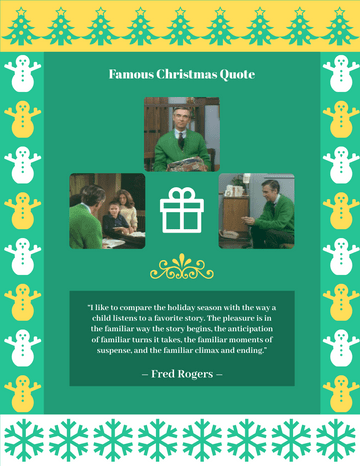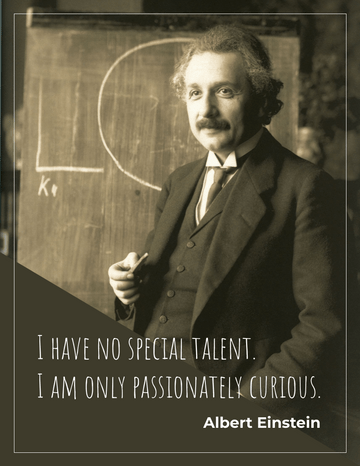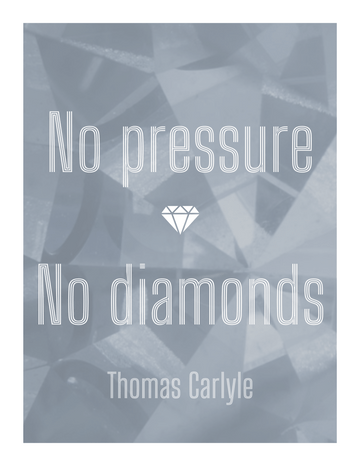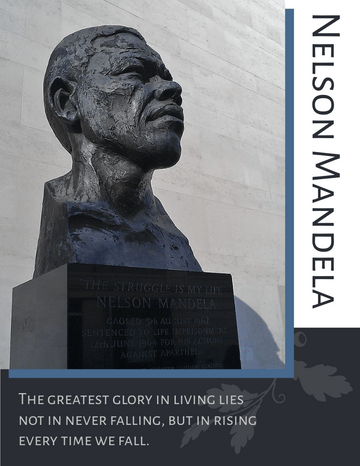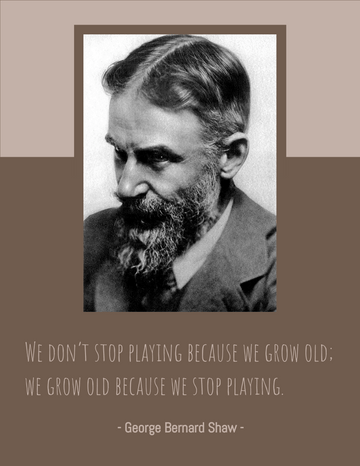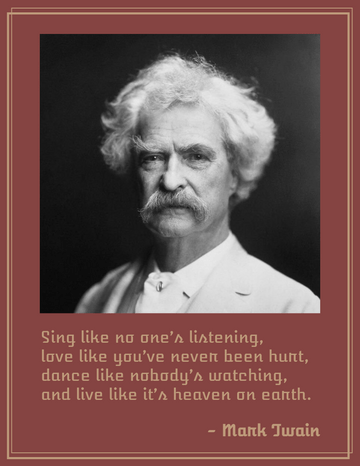Music is the mediator between the spiritual and the sensual life.
- Ludwig van Beethoven
About Ludwig van Beethoven
Ludwig van Beethoven (baptised 17 December 1770 – 26 March 1827) was a German composer and pianist. Beethoven remains one of the most admired composers in the history of Western music; his works rank amongst the most performed of the classical music repertoire and span the transition from the Classical period to the Romantic era in classical music.
His first major orchestral work, the First Symphony, premiered in 1800, and his first set of string quartets was published in 1801. Despite his hearing deteriorating during this period, he continued to conduct, premiering his Third and Fifth Symphonies in 1804 and 1808, respectively. His Violin Concerto appeared in 1806.
Click here to read the flipbook.
Musical trends
Between 1815 and 1819 Beethoven's output dropped again to a level unique in his mature life. He attributed part of this to a lengthy illness (he called it an inflammatory fever) that he had for more than a year, starting in October 1816. His biographer Maynard Solomon suggests it is also doubtless a consequence of the ongoing legal problems concerning his nephew Karl, and of Beethoven finding himself increasingly at odds with current musical trends.
Beethoven's determination over the following years to write the Mass for Rudolf was not motivated by any devout Catholicism. Although he had been born a Catholic, the form of religion as practised at the court in Bonn where he grew up was, in the words of Maynard Solomon, "a compromise ideology that permitted a relatively peaceful coexistence between the Church and rationalism".
Life of music
Beethoven's earlier preferred pianos included those of Johann Andreas Stein; he may have been given a Stein piano by Count Waldstein. From 1786 onwards there is evidence of Beethoven's cooperation with Johann Andreas Streicher, who had married Stein's daughter Nannette. Streicher left Stein's business to set up his own firm in 1803, and Beethoven continued to admire his products, writing to him in 1817 of his "special preference" for his pianos.







